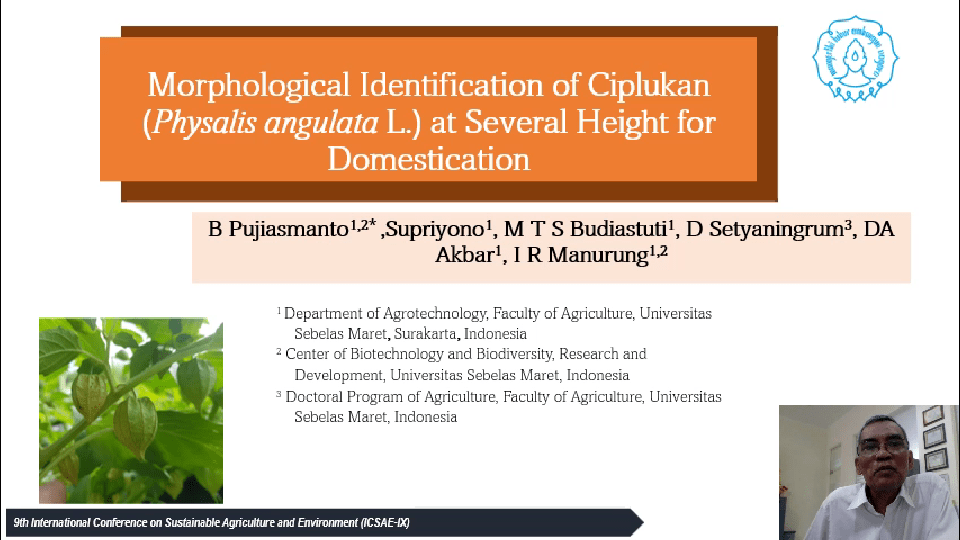Home » Room Video 6 » ID194 Cytotoxic Activity Of Acalypha wilkesiana Mull.Arg.,
Paper ID: 194
Cytotoxic Activity Of Acalypha wilkesiana Mull.Arg., Ziziphus nummularia (Burm.f.) Wight & Arn., and Glochidion zeylanicum (Gaertn.) A.Juss. on 4T1 Breast Cancer Cell Line
IYM Sholikhah1*, S Haryanti1, Y Widiyastuti1, and N Rahmawati1
1Research Center for Pharmaceutical Ingredients and Traditional Medicine, National Research and Innovation Agency, Indonesia
Email: ika.efendi@gmail.com
Akalifa (Acalypha wilkesiana), bidara (Ziziphus nummularia), and glosidion (Glochidion zeylanicum) have been used to treat cancer in several ethnics in Indonesia. The plants are potential candidates as anticancer drug development. The purpose of the study was to examine the effect of the medicinal plants on cell viability, cell cycle, and apoptosis in human breast cancer 4T1. The dried plants were macerated with 96% ethanol, fractionation was done by liquid-liquid partition using hexane, ethyl acetate, and methanol. Cytotoxic activity was carried out using the MTT assay. Cell cycle profile and apoptosis induction were observed by flow cytometry. Akalifa ethanolic extract performed the strongest cytotoxic effect on 4T1 cells with the IC50 values of 171.83 μg/ml. Among 3 fractions, the hexane fraction of akalifa showed the highest cytotoxic activity with the IC50 of 85.02 μg/ml. Still the fraction has no effects on cell cycle and apoptosis.


